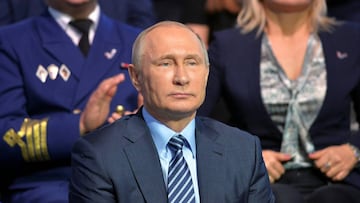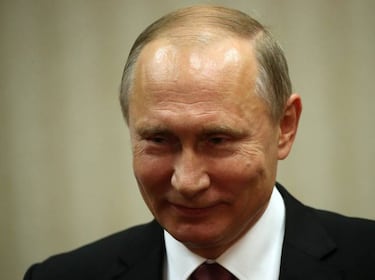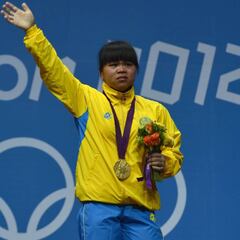Putin signs anti-doping law that punishes dope coaches with jail
President Vladimir Putin on Tuesday signed a law that introduces prison terms for coaches and medical staff who coerce athletes into using banned performance-enhancing drugs.

President Vladimir Putin on Tuesday signed a law that introduces prison terms for coaches and medical staff who coerce athletes into using banned performance-enhancing drugs.
The law comes into force as Russia is working to clean up its image tarnished by evidence of state-sponsored doping that saw its athletics team and entire Paralympics squad excluded from the Rio Games this summer.
The legislation calls for a one-year jail term for officials who force a minor to dope or resort to violence and threats to make an athlete dope.

The Russian parliament and senate approved the draft law earlier this month.
The law does not outline any punishments for athletes who are identified as drug cheats, with lawmakers saying further legislation is planned.
The McLaren report
Revelation of widespread state-backed doping in Russia were contained in the McLaren report commissioned by the World Anti-Doping Agency (WADA) and released in the build-up to the Rio Games.
Russian authorities have denied the existence of a state-run doping programme and have vowed to crack down on doping.
Cleaning up
WADA's deputy director Rob Koehler said Sunday that the campaign to reform Russia's anti-doping programme was "on the right track."
Related stories

Kazakh weightlifters stripped of 2012 London gold medals
Russian Olympic Committee president Alexander Zhukov said this month that the country had cleaned up its doping problem and should now be allowed to take part in all international competitions.
The second part of the McLaren report covering doping across Russian sport is expected to be released on December 9.